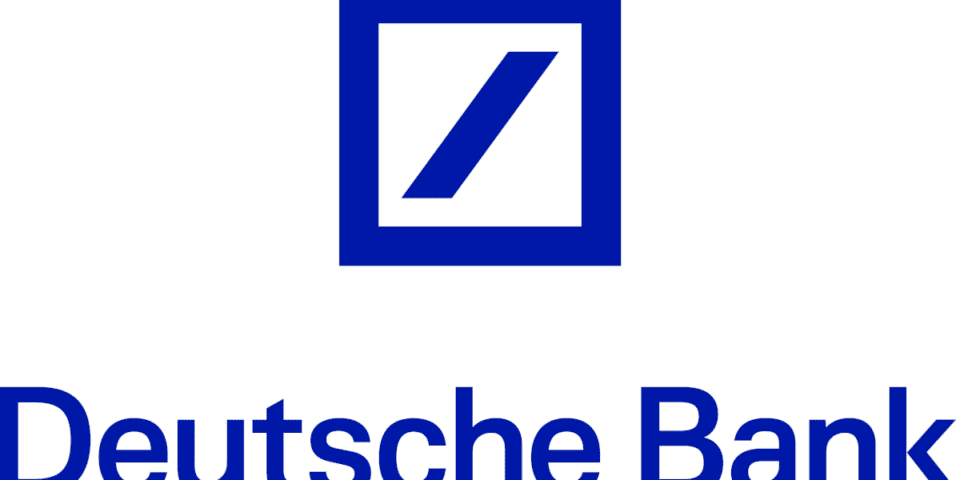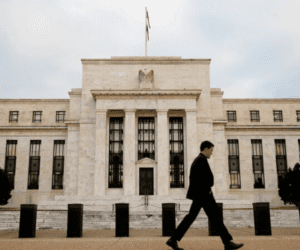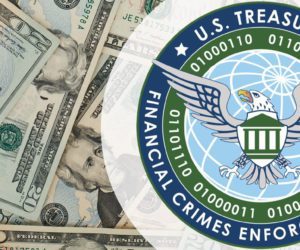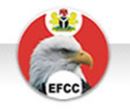By Elizabeth Hearst
Over $1.3 Trillion in potentially laundered funds is suspected to have passed through Deutsche Bank – despite being flagged by internal compliance officers as possible money laundering or proceeds of criminal activity.
This is the main conclusion from the leak of thousands of documents from the US Treasury Department’s Financial Crimes Enforcement Network (FinCEN) and which are seriously damaging for Deutsche – also known in the US as President Donald Trump’s favoured banker.
The claims made by the International Consortium of Investigative Journalists (ICIJ) allege that major financial institutions in the United States including JPMorgan, HSBC, Standard Chartered Bank, Deutsche and Bank of New York Mellon failed to stem suspected money laundering at their banks.
Critically the reports highlight that Deutsche Bank and other major financial institutions named in the FinCEN documents, failed to appropriately monitor transactions and suspicious persons and continued to transfer funds for suspect people and companies, despite their implication in deferred prosecution agreements and law enforcement actions.
The FinCEN documents show that Deutsche Bank processed multiple transactions for Russian oligarch Oleg Deripaska, a billionaire and close-ally of Russian President Vladimir Putin.
Deripaska has been embroiled in numerous reports he is involved in organised crime, and was sanctioned by US authorities in 2018. In spite of these allegations, the FinCEN reports show Deutsche completed more than $11 Billion in transactions between 2003 and 2017 for companies under his control.
Similarly, the data dump allege Deutsche and Standard Chartered moved more than $677 Million from 2010 to 2016 for controversy-stricken Odebrecht SA – the Latin-American construction firm implicated in the “largest foreign bribery case in history”. It’s feared Deutsche Bank transferred a colossal $560 Million on their behalf.
Deutsche along with the other five major financial institutions named also transferred funds for Ukranian oligarch Dmytro Firtash, who is wanted on criminal charges in the US. It’s alleged that these transactions were approved after the banks had been hit with significant fines and had pledged to improve how they monitor suspicious clients.
Deutsche Bank has come under criticism for its dealings with Jeffrey Epstein and was recently slapped with a $150 Million fine for its relationship with Epstein and Danske Estonia and the Federal Bank of the Middle East.
In 2015, the bank reached a $258 Million civil settlement in relation to an investigation launched by US and New York regulators into the bank’s billion-dollar transactions on behalf of Iranian, Libyan, Syrian, Burmese and Sudanese financial institutions under sanction by the US.
In the wake of the 2016 Presidential election, an investigation was launched detailing potential suspicious transactions. The committee requested Suspicious Activity Reports (SARs) from Deutsche Bank as it had loaned Trump money. President Trump had earlier become the focus of scrutiny on the back of a dossier written former MI5 agent Christopher Steele who wrote the controversial Moscow dossier with details on Russian oligarchs and the President’s former campaign chairperson Paul Manafort.
Although the documents detail potential suspicious payments to people associated with Trump before and after key moments in the 2016 presidential campaign, the committee determined that it did not provide “direct information on any election interference”.
Deutsche Bank declined to comment on individual SARs and told Buzzfeed – the media group which received the unauthorised FinCEN data dump – it “worked and still work constructively together with the authorities”, and added that the bank had “invested almost $1 Billion in improved controls, trainings and operational processes”.
The bank detailed it had “increased (its) anti-financial crime team to over 1,500 people” and plans to continue to increase the number further. It added: “We are a different bank now”.
Share this on:
Follow us on:











